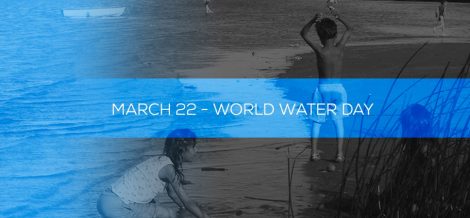Water is more than a basic need: it is a right. In the struggle for this recognition there are many communities facing governments and corporations that attempt to take away this common good from them.
Friends of the Earth Latin America and the Caribbean (ATALC) published at the end of 2018 the report Public Policy and the Fundamental Right to Water in Latin America and the Caribbean that includes experiences in 10 countries: Argentina, Brazil, Chile, Colombia, El Salvador, Guatemala, Haiti, Honduras, Mexico and Uruguay.
To know more about this report, RWR interviewed Diego Martínez, compiler of the publication and member of CENSAT – Agua Viva, Friends of the Earth Colombia.
The document includes proposals that emerged from social movements, popular organizations and alliances for community water management and its recognition as a fundamental right, as well as to face the neoliberal surge in the region that is trying to impose commodification, privatization and financialization measures on water.
Each chapter of the report focuses on one country and includes a description of the water policies of each government and the many spaces for popular articulation necessary to defend water. “Water acts as an articulation element for community management and fosters social mobilization against the looting model”, said the Colombian activist.
“In Latin America we are being witnesses of an unprecedented situation with water conflicts. These conflicts are not caused by water scarcity of natural origin, but scarcity of induced origin, in the hands of an extractive industrial model, concessions for corporate water management, poor management strategies by companies, monopolies on water services, and the pollution of water sources with environmental disasters such as Vale´s in Brumadinho or the case of cyanide in San Juan, Argentina”.
Pérez also warned about the lack of knowledge about community and ancestral water management practices by those in charge of defining public policies. There are approximately 8 thousand community water managers that supply water to 70 million people. Among them, the ancestral management examples of Colombia, Guatemala, and Mexico are worth highlighting.
The main criticism to public policies about water in the region is the weakness of States to ensure the fundamental right to this common good. Some of the flaws identified include: the huge differences between regulations, overlapping laws, a weak access to information about the situation of water, lack of knowledge about the value of ancestral and community management practices, lack of knowledge about peasant and indigenous rights in the framework of their prior, free and informed consent and the absence of mechanisms and spaces for participation in decision-making processes.
ATALC´S report can be downloaded (in Spanish) here [1].
